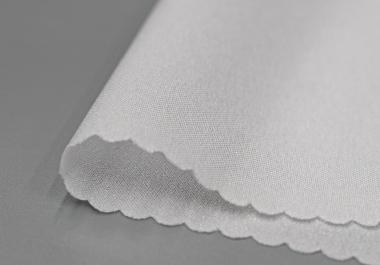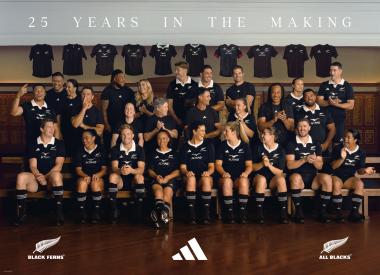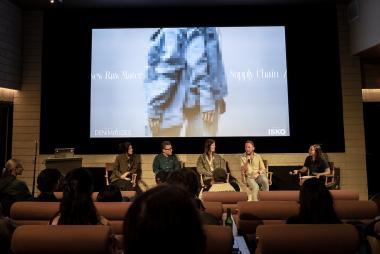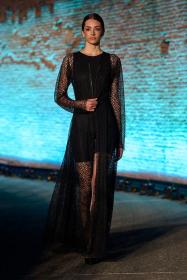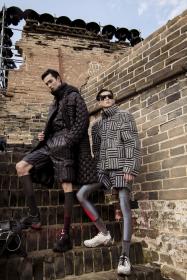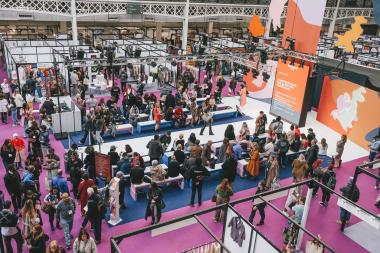Freudenberg Apparel: Shirt interlining series made of rPET
Freudenberg Performance Materials Apparel launches the complete RCY 99xx series recycled polyester (rPET) shirt interlinings. This product line serves as a sustainable counterpart to Freudenberg's renowned 95xx series, which has been a staple in the industry for over twenty years.
The 95xx series, celebrated for its unique bi-elastic properties, has earned its place as one of Freudenberg Apparel's most sought-after shirt interlining ranges.
Now, taking a leap towards sustainability, Freudenberg Apparel introduces the complete RCY 99xx series. Crafted from rPET, these bi-elastic interlinings are designed to complement an array of contemporary fabrics, including pure cotton, T/C, flannel, oxford, cotton & linen blends, seersucker, jersey, and all types of stretch knits. The RCY 99xx series not only preserves the natural hand-feel, texture, and shape of these fabrics but also infuses a fresh creative dimension into shirt design.
The RCY 99xx series boasts an weight range of 30-150 g/m2, offering versatility for a diverse spectrum of shirt styles, from men’s casual shirts and women's blouses to polo shirts, sports shirts, and denim shirts. This adaptability ensures that designers and manufacturers have the flexibility to meet the evolving demands of the market while upholding sustainability principles.
Freudenberg Performance Materials Holding GmbH


